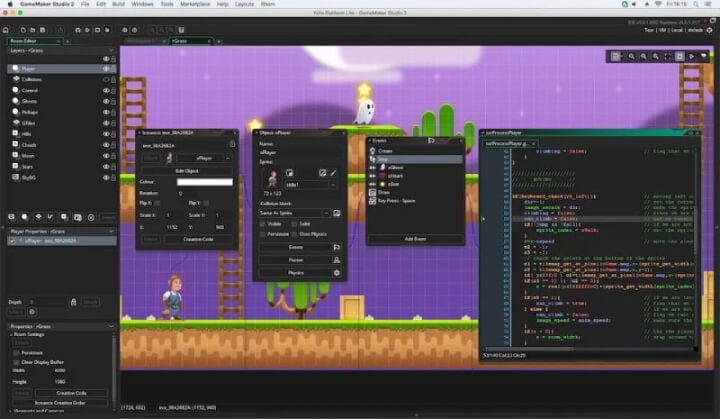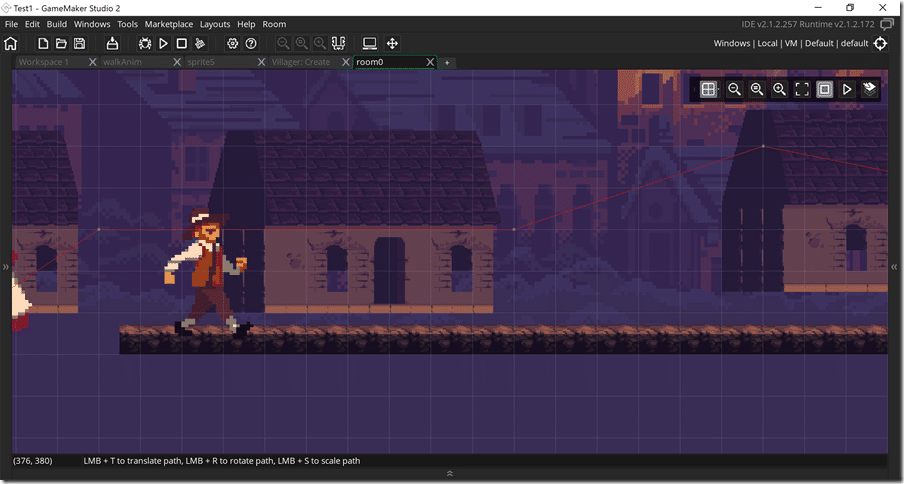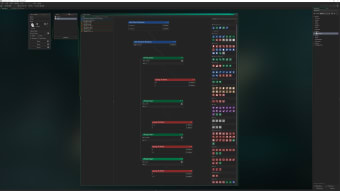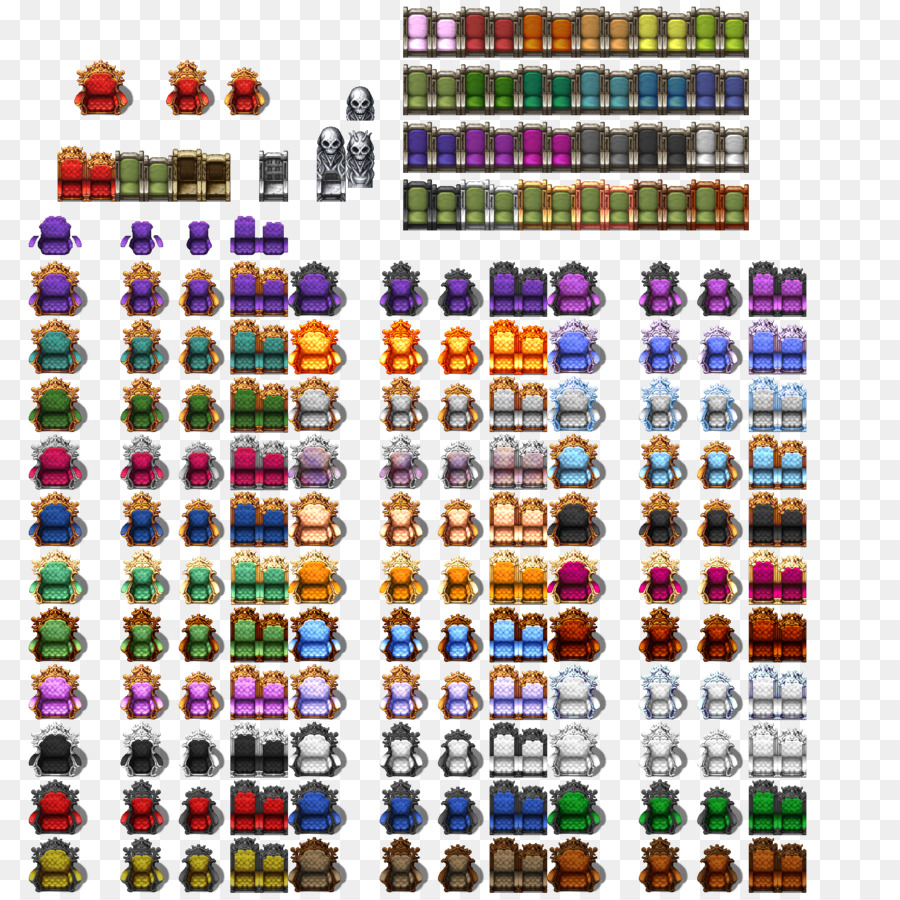

There are a few things to consider before diving headfirst into making your game. So, since you're interested in making games, let's think of a few things to consider before we delve into the world of creating them! Think about how in the real world, gravity keeps us on the ground, people need to eat food to survive, or that the day has 24 hours. These rules, or the mechanics of the game, are essentially the rules of the world that you are creating will follow. Games that allow a player as much freedom as possible, within the rules of the game, is something that allows a game to shine. However, there are certain points of games that make them stand out from the crowd. A game that you think is amazing might be so-so to your friend, and vice versa. As you know, there isn't a definitive definition of what a "good" game is.

If you're interested in making a game, you must have played a few games here and there.

In this first section, we'll speak a little about getting into a game development mindset, mention a few considerations when making a game, and introduce a bunch of tools that studios and individuals use in making a game. Goal - Learn about common game development tools, basics game programming concepts, and minimum viable products is.

For Windows users, download from here here, and for Mac, download the Lite edition from here. You must first download and install GameMaker. Afterwards, you will be guided on making a more complex platformer-style game, building upon what we have learned previously. One will be a top-down shooter style game that will help you become familiar with GameMaker and with the concept of a minimum viable product. This guide will guide you through making two simple games. Written and developed by CU Game Dev, with support from ADI.


 0 kommentar(er)
0 kommentar(er)
